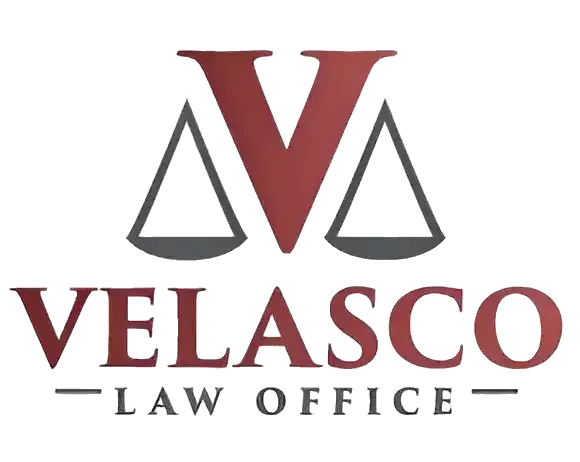Short Sale vs Foreclosure: What You Should Know
A short sale and a foreclosure are options that homeowners may seek if they are having trouble making payments on their mortgage. A short sale is a means of selling a home for less than the home’s outstanding mortgage and is typically initiated by the homeowner when the home’s value is less than the home’s current appraised value. Conversely, a foreclosure is when a lender seizes the home due to the homeowner’s failure to make payments on the mortgage loan.
SHORT SALE
Although the homeowner initiates the process of a short sale, the short sale must be approved by the lender that holds the mortgage. This process usually requires that the homeowner submit documents or proof that the short sale is the most viable option, since the bank can stand to lose a lot of money from this type of sale. No short sale process can occur without the approval of a lender.
FORECLOSURE
Different from a short sale, a foreclosure is when the bank that holds the mortgage seizes the home due to the borrower’s failure to make payments. Foreclosures are only initiated by the lender. Sometimes they may occur if a borrower has abandoned the home, or the homeowner may currently live in the home until the lender forces them out. Once the home is foreclosed, a lender may have its own appraisal completed and attempt to sell the home.
WILL A SHORT SALE OR FORECLOSURE EFFECT MY CREDIT?
Both short sales and foreclosures have an effect on your credit. Every seller’s situation may be different, but generally both can create dings on your credit report.
If you are considering a short sale or foreclosure on your home, contact an experienced attorney to help you choose the best option for you.
Juan C. Velasco, Esq. is a trusted attorney who concentrates on bankruptcy, family law, real estate, and estate matters who has been serving the New Jersey area for over 25 years. If you are in need of experienced legal counsel, please contact Velasco Law Office and we will be happy to assist you.











